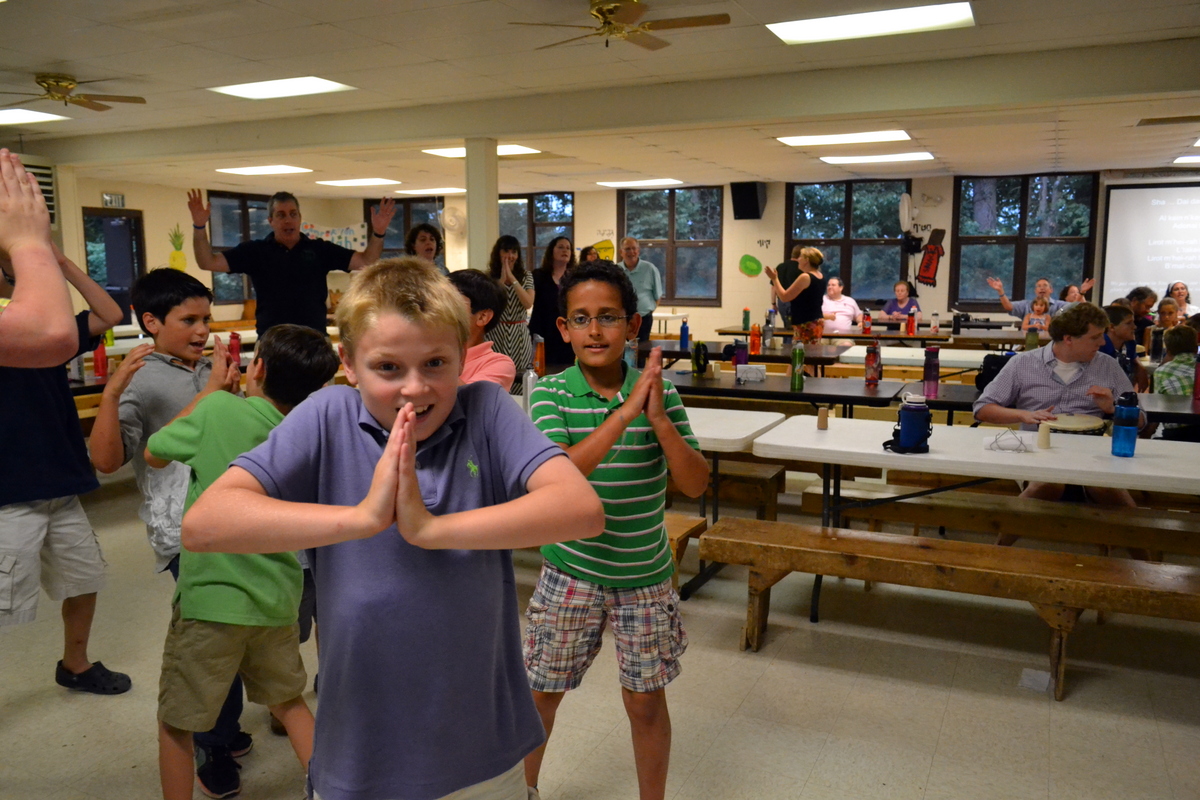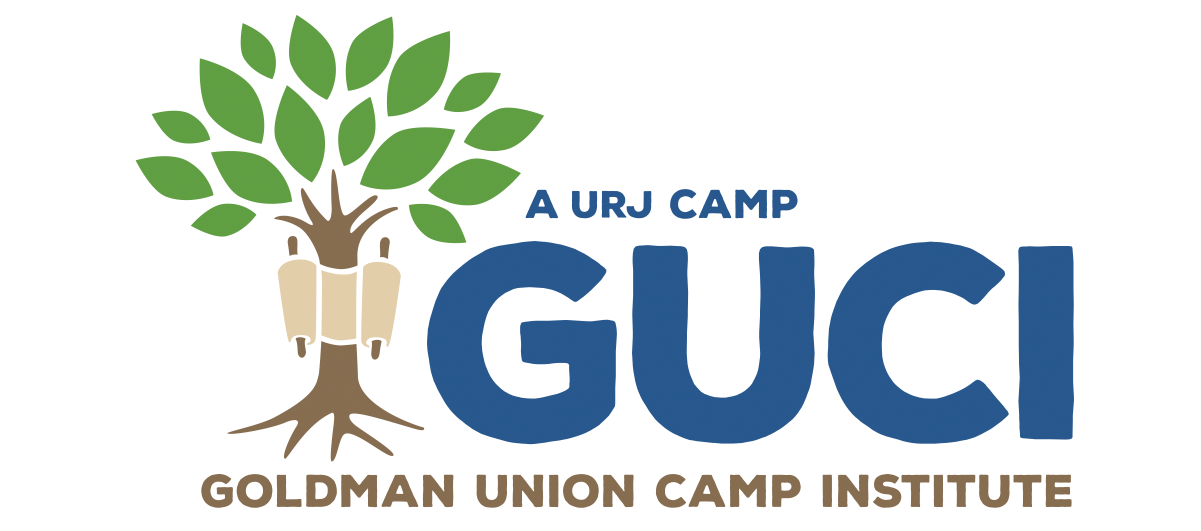
Rituals and Traditions
Dear Parents,
As we come to the end of Kallah Bet, and the end of summer 2013 at GUCI, I can’t help but be proud of all that has been accomplished here this summer. One of the most important parts of this camp’s mission is the building of Jewish identity; and so I am particularly proud of the programming created by our counselors under the supervision of Sam Pollak, our Judaic Studies Director.
Looking back at our study themes during the summer, I realize that the best measure of our success in this area is the degree to which our campers bring new ideas home with them. Our Kallah Alef educational theme was Shabbat. And on the last night of the session, during our friendship circle, I explained that a session at camp is the Shabbat of the year. It is the break during which we rest, relax, and rejuvenate. It is the opportunity for us to try new things, discover ourselves, and grow spiritually.
But as much as we love Shabbat and look forward to Shabbat, we do not live in Shabbat. Our lives happen during the rest of the week; and Shabbat is simply the time-out that we take to reflect on how we are living. Similarly, camp is not life. The other eleven months out of the year are where we do our living. Camp is the 23 days that we take to rediscover ourselves and refocus on who we want to be during the year. What our campers and staff get out of a summer at camp has to translate to their home lives, or else camp is just another activity.
During Kallah Bet we have been studying Symbols and Rituals. In a way, this topic is not too different from what we studied first session. While we tend to get very attached to our symbols and rituals, especially at camp, they are only representations of greater ideas and higher ideals. If the customs of our people do not positively impact the way we live, then we risk them becoming empty rituals.
For many of our campers and families, camp, itself, is a ritual. From the way we pack before camp, to how we get to camp, to the activities and friendships of camp, all the way through to the restaurants at which many families stop on their way home, camp is an annual ritual, a dance done every summer that brings great fulfillment. And what keeps camp from becoming an empty ritual is the ability of our campers to bring what they have learned home with them, and to make their summer growth a part of how they live during the rest of the year.
In essence, the short amount of time that our children have spent in Zionsville this summer is the much needed day of rest, full of familiar (albeit sometimes strange) customs, rites, and ceremonies, that may give them some of the energy and instruction to live good, fulfilling lives during the next eleven months. It is my sincere hope that our campers make a successful transition from one to the other.
On this final Shabbat of camp, I want to express to our community what a joy this summer has been…despite the obvious challenges. Our staff and faculty have all risen to the occasion and served your children well. They are the finest people I know. Your children have graced us with their laughter and enthusiasm; and I am thrilled to have made so many new friends this summer who still ride a bus to school and use their shirts as napkins. And you, the parents, have been wonderful partners to us from start to finish, supporting us through our challenges, and helping us to raise up the next generation of the Jewish people.
I am so proud of our community, in all of its parts, and as a whole. Undoubtedly, the summer of 2013 at GUCI is one that will long be remembered, for the fun we had, for the friendships we made, and for the strength we gained.
Shabbat Shalom,
Rabbi Mark Covitz
Director; Goldman Union Camp Institute
